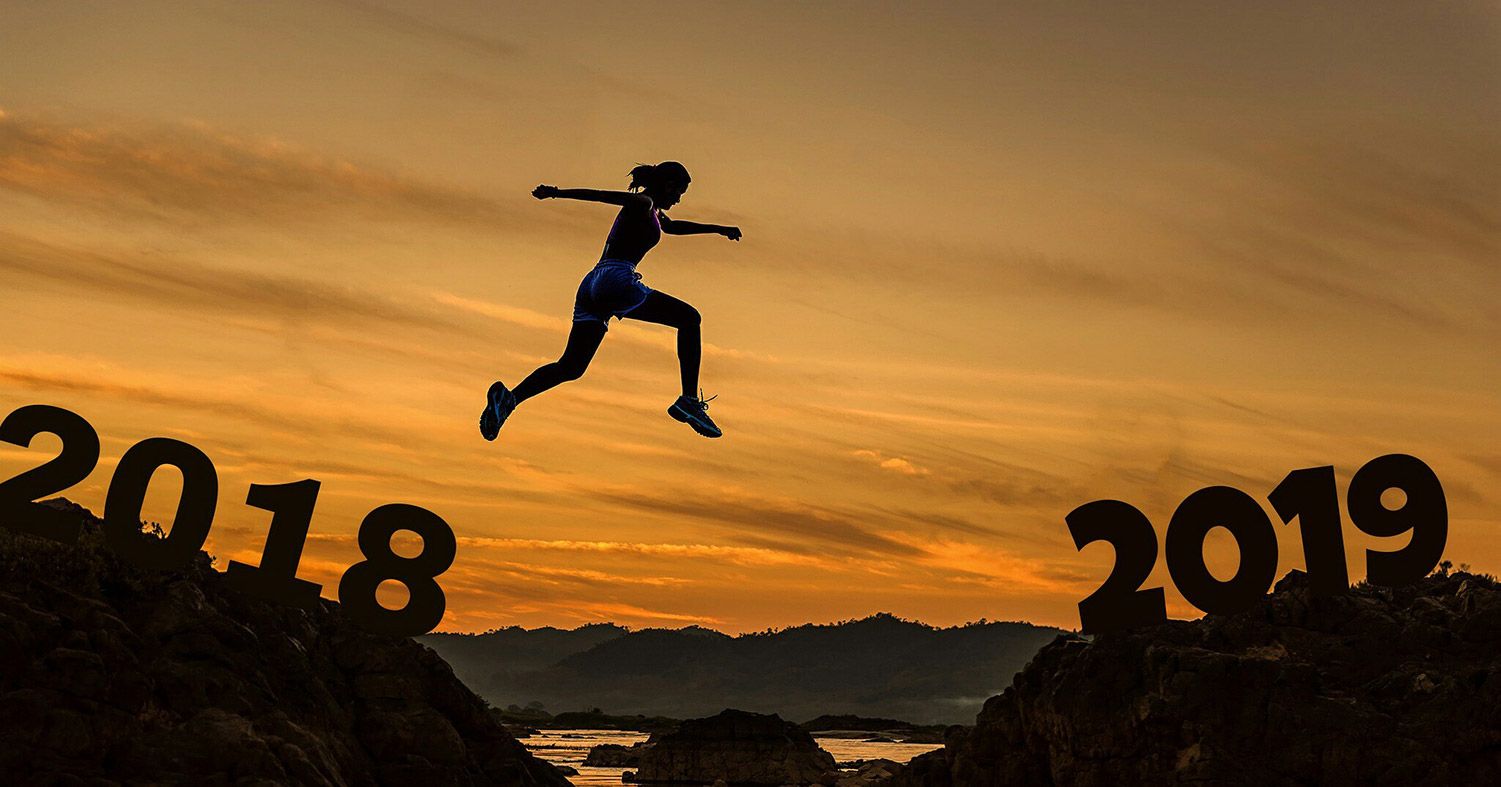Call to prayer, giving, for those impacted by major earthquake in Alaska
Good people of the Greater Northwest,
…the heavens and the earth shake.
But the LORD is a refuge for his people, a stronghold for the people.
Joel 3: 16
 A 7.0-magnitude earthquake struck Alaska just north of Anchorage Friday morning. We know what a terrifying and destructive force is unleashed when the earth groans and stretches.
A 7.0-magnitude earthquake struck Alaska just north of Anchorage Friday morning. We know what a terrifying and destructive force is unleashed when the earth groans and stretches.
I’ve been in touch with Alaska Conference Superintendent Rev. Carlo Rapanut who shares these details:
Initial reports say there is no major damage to any of our churches or parsonages, but power is still down in many locations and there is lot of damage to roads and bridges. We thank God that tsunami warnings in Seward and Homer have been lifted.
Please hold us all in your prayers. We will keep you posted as updates and needs arise.
When disaster strikes, United Methodists respond. While it is too early to know the work that will be needed, be assured that we will be there. Our United Methodist churches in Girdwood, Homer and Wasilla have opened their sanctuaries for who might need to evacuate. St. John is standing by as needed. So, let us be inspired by their good example! Until then, I join Superintendent Carlo in asking you to:
- PRAY for the people affected by this earthquake, and for those responding to its impact
- And GIVE this Sunday or another Sunday in December through the United Methodist Committee on Relief (UMCOR) to the U.S. Disaster Response fund (#901670). 100% of your gift will be used for relief and recovery work with no administrative overhead. You can give online at www.umcor.org/donate.
Our conference emergency response team coordinators (listed below) have already been in contact with each other as early assessments come in. We’ll continue to benefit from their dedication and expertise as plans form to offer the love of Christ to those in need in the coming days and months. As needs surface, and plans develop, we’ll share them with you.
Let’s not just talk about love; let’s practice real love.
– 1 John 3:18b (The Message)
Bishop Elaine JW Stanovsky | Greater Northwest Area
Contacts:
- Dan Wilcox, Disaster Response Coordinator, Alaska Conference, danielpwilcox@gmail.com
- Jim Truitt, Disaster Response Coordinator, PNW Conference, umvimdrc@comcast.net
- Dan Moseler, Disaster Preparedness and Response Coordinator, OR-ID Conference, djmoseler@gmail.com









